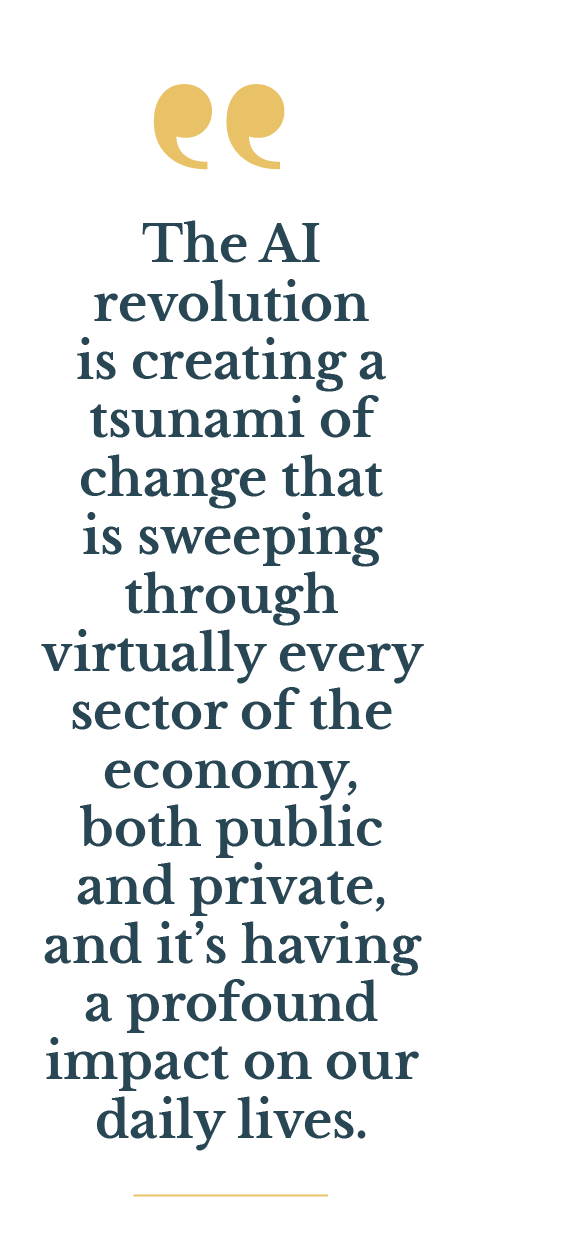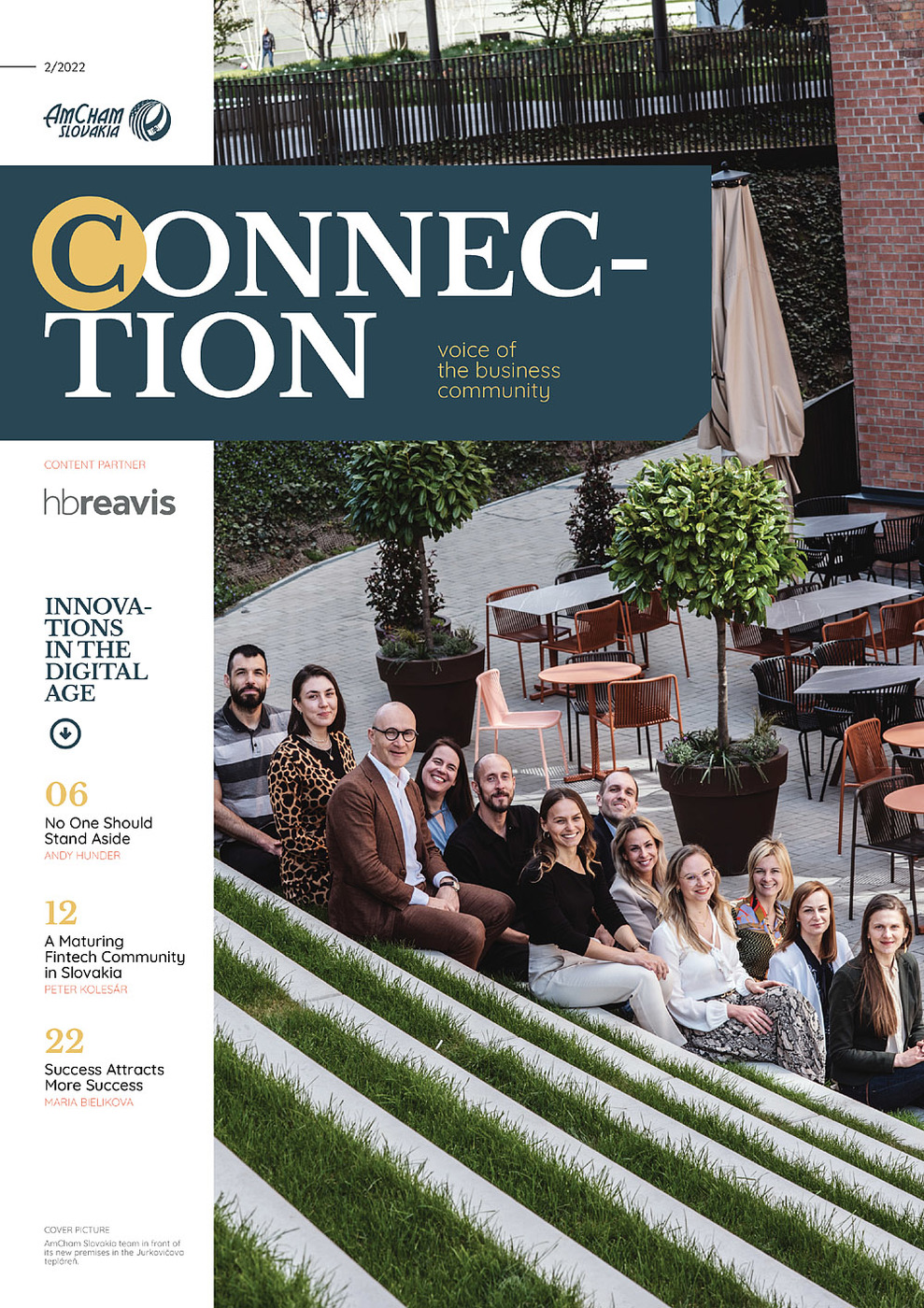A disruptive technology could be defined as one that displaces an established technology, thereby shaking up an industry and reshaping the trajectory of its future. If you think artificial intelligence is the answer, you are right.
 It is already here, and closer than you realize
It is already here, and closer than you realize
It is not a question of if or when it starts to influence our lives because it already does. While science fiction often portrays AI as robots with human-like characteristics, many people do not realize that it is already here. AI is already changing the way you drive, communicate, shop for goods and services, and much more.
As The New York Times noted, “Boeing 777 pilots spend only about seven minutes manually flying the aircraft on a typical flight. The rest of the flight is under the control of AI, with pilots monitoring.“
We’ve all seen self-parking cars and those self-driving cars that use a subset of AI called deep learning, but AI also permeates online experiences today. Deep learning is taking us a step closer to giving computers the ability to speak as humans do. Google uses AI to ensure your email inbox stays safe as well as to improve its search engine. Hospitals are using AI to analyze images and symptoms to deliver better healthcare. AI is used to rapidly analyze large files of drone footage to provide the military with a way to find specific objects.
Global impact
The AI revolution is creating a tsunami of change that is sweeping through virtually every sector of the economy, both public and private, and it’s having a profound impact on our daily lives. PwC’s recent study predicts that “AI’s contribution to the global economy will exceed $15.7 trillion by 2030. It means the global GDP could be 14% higher due to AI take-up.”
According to a report by International Data Corporation (IDC) the global revenues for the AI market, including software, hardware, and services, is forecast to grow 19.6 percent in 2022 to $432.8 billion. The market is expected to break the $500 billion mark in 2023.
What’s next?
Human brain-scale AI. Funded by the Slovakian government using funds allocated by the EU, the I4DI consortium is behind the initiative to build a 64 AI exaflop machine (that’s 64 billion, billion AI operations per second) by the end of 2022. This will enable Slovakia and the EU to deliver for the first time in the history of humanity a human brain-scale AI supercomputer. Meanwhile, almost a dozen other countries are watching this project closely, with interest in replicating this supercomputer in their own countries.
There are multiple approaches to achieve human brain-like AI. These include machine learning, spiking neural networks like SpiNNaker, neuromorphic computing, bio AI, explainable AI, and general AI. Multiple AI approaches require universal supercomputers with universal processors for humanity to deliver human brain-scale AI.
Global AI arms race
Europe is dedicated to becoming an AI powerhouse. The EU, which uses 30% of the world’s computational resources, controls only 5% of those resources. To achieve technological sovereignty, the EU is now funding projects aimed at providing indigenous computational resources for the EU to move into an AI-intensive future.
While Europe is stepping into the AI supercomputing arena with significantly increased funding for several key projects (European Chips Act, Important Projects of Common European Interest), the U.S. is working on its own exascale machine. El Capitan, DOE’s $600 million, two-exaflop machine, is slated to come online at Lawrence Livermore Labs in 2023.
Dominance in the field of AI is not only crucial to GDP growth and our quality of life, but it’s also a national security priority. The U.S., China, Russia, and the EU are in an AI arms race to see who will dominate the AI landscape.
Any way you slice it, the explosive growth in AI technology means that consumers, corporations, and government agencies will soon be able to exploit highly advanced AI systems in order to create life experiences that we can only dream of today. Human brain-scale computing is now looming on the horizon, and it could change your life more than electricity.
Radoslav Danilák, Founder and CEO of Tachyum



Follow us